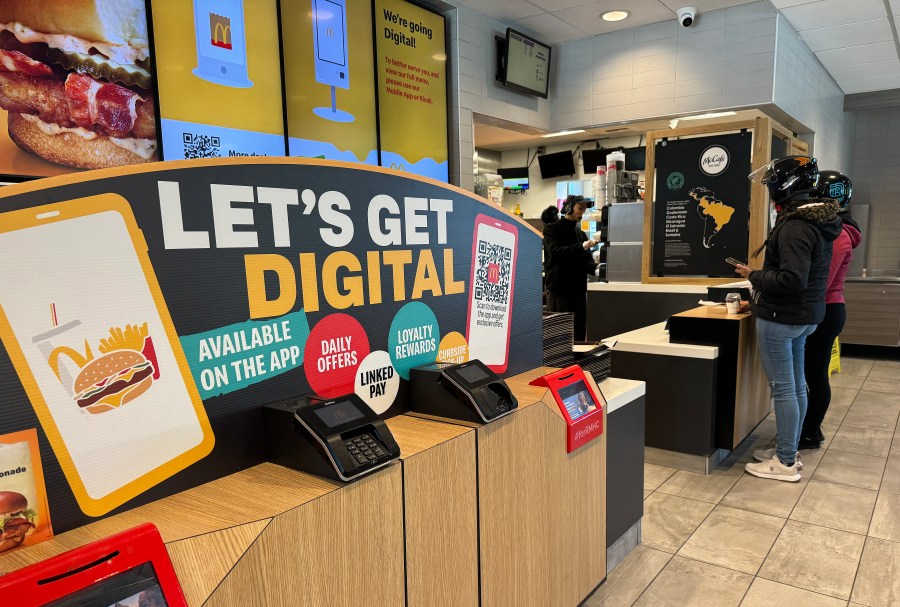New research published by Pepperdine University is attempting to settle the debate over whether boosting the minimum wage for fast-food workers in California to $20 an hour has cost jobs.
The study, released on April 1 to coincide with the one-year anniversary of AB 1228, says the sector has seen a “significant” decline of over 23,100 jobs. At the same time, fast-food employment grew by 0.8% nationwide, researchers said.
“This new data should be a wake-up call for policymakers,” said Christopher Thornberg, founding partner at Beacon Economics, a private research group that partnered with Pepperdine’s School of Public Policy. “The employment losses in California’s fast-food industry are now evident, and they confirm what many had warned about: drastic wage hikes create real economic consequences, especially for entry-level workers.”
The study’s authors argue that raising the minimum wage could negatively impact more than just employment; it could also affect business sustainability, employee work hours, and benefits. They recommend the state’s Fast Food Council pause any new regulations, including another proposed wage increase, until “unbiased, comprehensive research is conducted.”
Since its inception, the impact of AB 1228, which increased the minimum wage for workers at large fast-food chains by $4 per hour, or 25%, has been a hotly debated topic.
Industry groups have consistently sparred with Governor Gavin Newsom’s office over how to interpret the jobs data. Both sides accuse the other of having inherent biases, and some previous studies showing significant fast-food job losses in California have, indeed, been retracted.
Citing the Bureau of Labor Statistics, the governor’s office told KTLA on Monday that average weekly wages in California’s fast-food sector have increased by 12.9% year over year.
Tom Manzo, founder of the California Business and Industrial Alliance and a fierce critic of AB 1228, isn’t convinced.
“(The Pepperdine University) report is just the latest confirmation that Governor Newsom’s misguided fast-food minimum wage law is killing jobs across California,” Manzo said. “When will enough be enough? Instead of spending time launching a new podcast, our Governor should be focused on fixing his mistake for the sake of small business owners and their employees.”

Two outcomes of AB 1228, however, are less ambiguous.
First, increasing the minimum wage to $20 per hour has helped hundreds of thousands of fast-food workers in the Golden State make ends meet. Franchise owners say it has also helped with recruiting and retention.
The other outcome is that customers are paying more for their burgers, chicken strips, French fries and tacos than before. Many fast-food chains began raising prices when AB 1228 was signed into law and continued to do so after it took effect.
